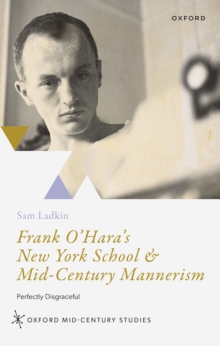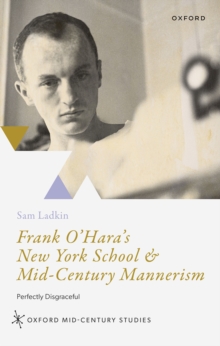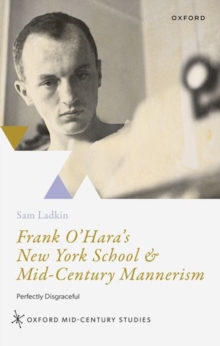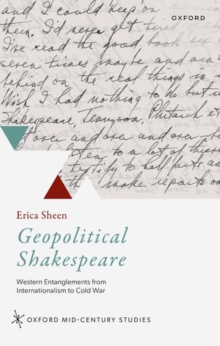
A Grain of Faith : Religion in Mid-Century British Literature PDF
by Allan Hepburn
Part of the Oxford Mid-Century Studies Series series
- Information
Description
During and after the Second World War, there was a concerted thinking about religion in Britain.
Not only were leading international thinkers of the day theologians-Ronald Niebuhr, Paul Tillich, Jacques Maritain-but leading writers contributed to discussions about religion.
Graham Greene, Muriel Spark, and Barbara Pym incorporated miracles, evil, and church-going into their novels, while Louis MacNeice, T.
S. Eliot, and C. S. Lewis gave radio broadcasts about therole of Christianity in contemporary society.
Certainly the war revived interest in aspects of Christian life.
Salvation and redemption were on many people's minds.
The Ministry of Information used images of bombed churches to stoke patriotic fervour, and King George VI led a series of Days ofNational Prayer that coincided with crucial events in the Allied campaign. After the war and throughout the 1950s, approximately 1.4 million Britons converted to Roman Catholicism as a way of expressing their spiritual ambitions and solidarity with humanity on a world-wide scale.
Religion provided one way for writers to answer the question, 'what is man?' It also afforded ways to think about social obligation and ethical engagement.
Moreover, the mid-century turn to religion offered ways to articulate statehood, not from the perspective of nationhood and politics, butfrom the perspective of moral action and social improvement.
Instead of being a retreat into seclusion and solitude, the mid-century turn to religion is a call to responsibility.
Information
-
Download Now
- Format:PDF
- Pages:272 pages
- Publisher:OUP Oxford
- Publication Date:15/11/2018
- Category:
- ISBN:9780192563644
Other Formats
- EPUB from £53.84
Information
-
Download Now
- Format:PDF
- Pages:272 pages
- Publisher:OUP Oxford
- Publication Date:15/11/2018
- Category:
- ISBN:9780192563644



